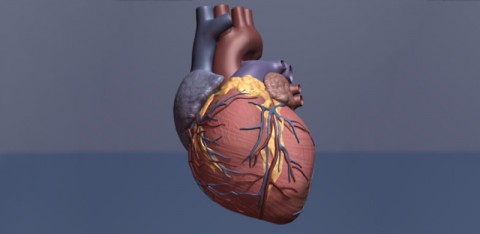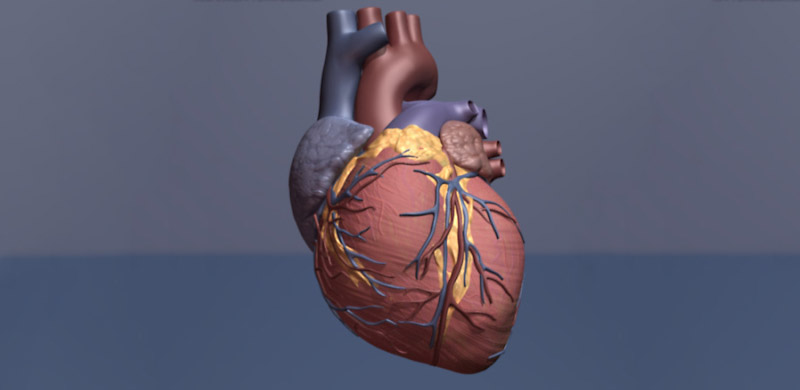American Heart Association Meeting Report
 Orlando, FL – Intimate partners of people with heart defibrillators are more concerned about resuming sexual activity than the patients immediately after the device is implanted, according to research presented at the American Heart Association’s Scientific Sessions 2015.
Orlando, FL – Intimate partners of people with heart defibrillators are more concerned about resuming sexual activity than the patients immediately after the device is implanted, according to research presented at the American Heart Association’s Scientific Sessions 2015.
Implantable cardiac defibrillators (ICDs) deliver an electric shock to the heart to correct life threatening heart beats.

Participants’ concerns included lacking interest in sex, fearing ICD discharge during sex, and worry about cardiac arrest happening during sex due to device malfunction. Concern levels for both dropped by three months.
For partners, there was a nearly 50 percent drop in fears that the patient’s heart would stop and about a two-thirds decline in fears that the ICD would accidentally fire off a cardiac shock.
Patients experienced a similar reduction in concerns after 3 months; with the largest reduction being in the area of fear of an ICD shock during sex. The study adds to the growing body of research on sexual issues among heart patients and their partners.
“We can’t just focus on the patient,” said Cynthia Dougherty, A.R.N.P., Ph.D., a Professor of Nursing at the University of Washington School of Nursing in Seattle, Washington. “An intimate partner’s level of comfort is also important for recovery, and their concerns warrant attention from healthcare providers.”
For most people with an ICD, resuming sexual activity is OK once the surgical site is healed.
Heart patients and their partners’ sexual concerns often aren’t addressed by the provider, which affects recovery, emotional health and intimate relationships.
Healthcare providers should discuss sexual activity with ICD patients and their partners to allay fears and to treat erectile dysfunction, Dougherty said.
“This is an issue that patients are often reluctant to discuss and sometimes providers don’t initiate these discussions as part of routine practice,” she said. “But it shouldn’t be taboo subject.”
Co-authors are Lindsay Rosman, M.A.; Elaine Thompson, R.N., Ph.D.; Samuel Sears, Ph.D.; and Elaine Steinke, R.N., Ph.D. Author disclosures are on the manuscript.
The National Heart, Lung, and Blood Institute funded the study.
Additional Resources:
- Living With Your Implantable Defibrillator
- For more news from the AHA’s Scientific Sessions 2015, follow us on Twitter @HeartNews #AHA15.



